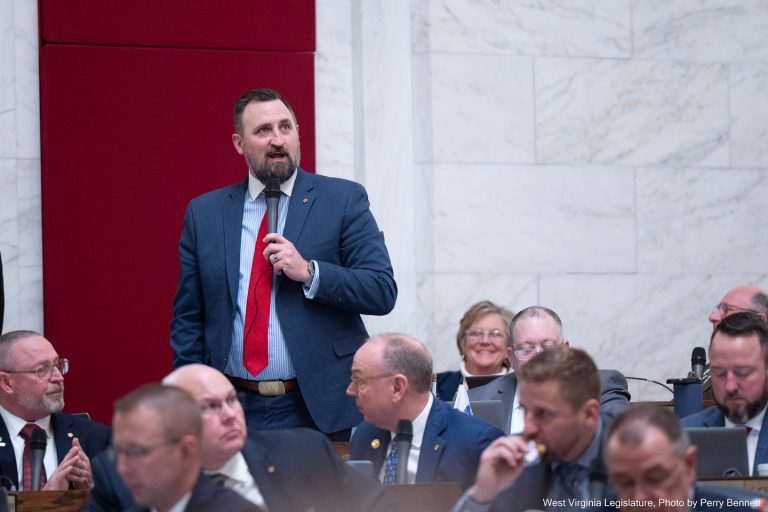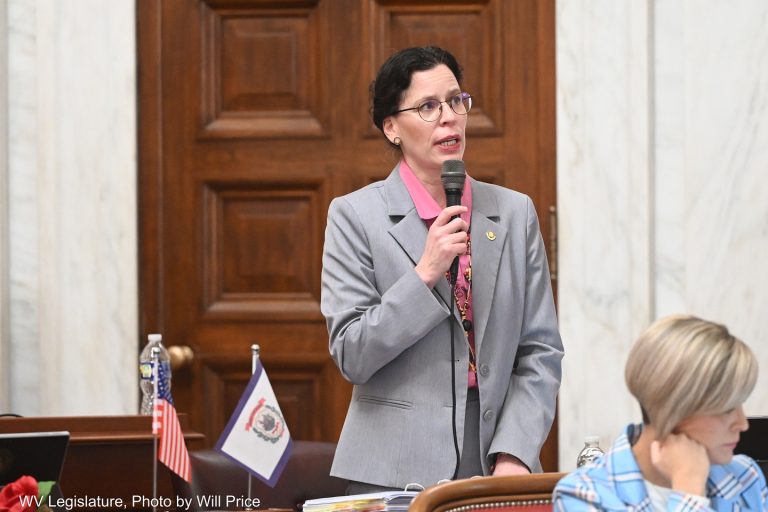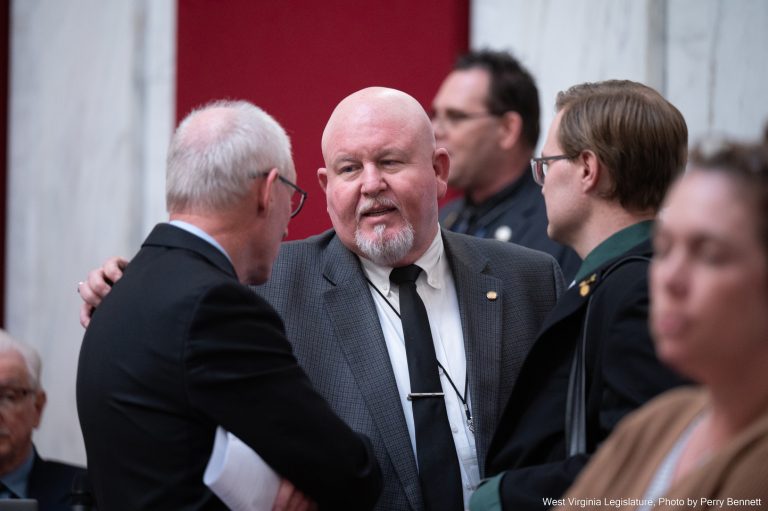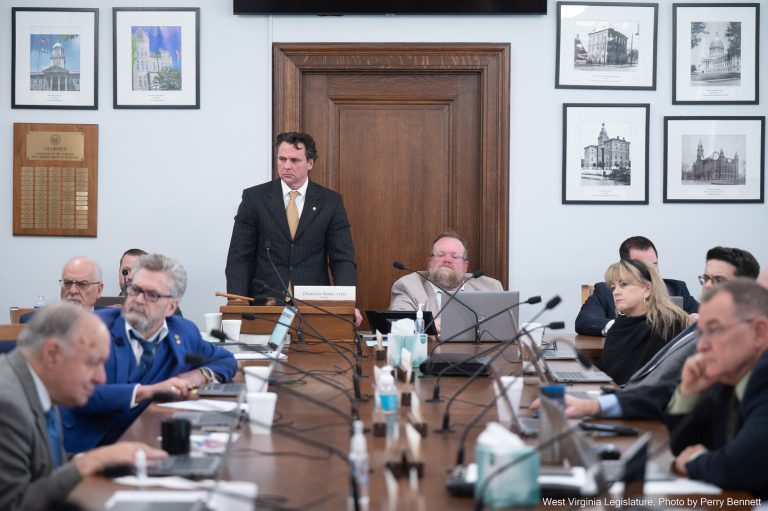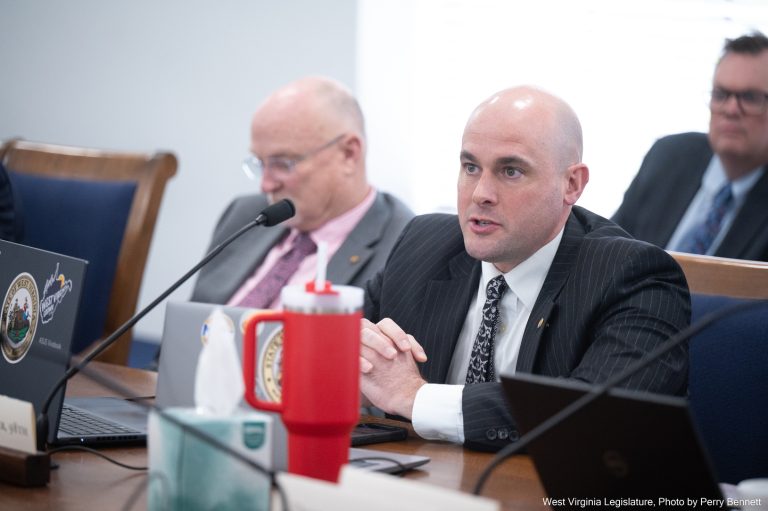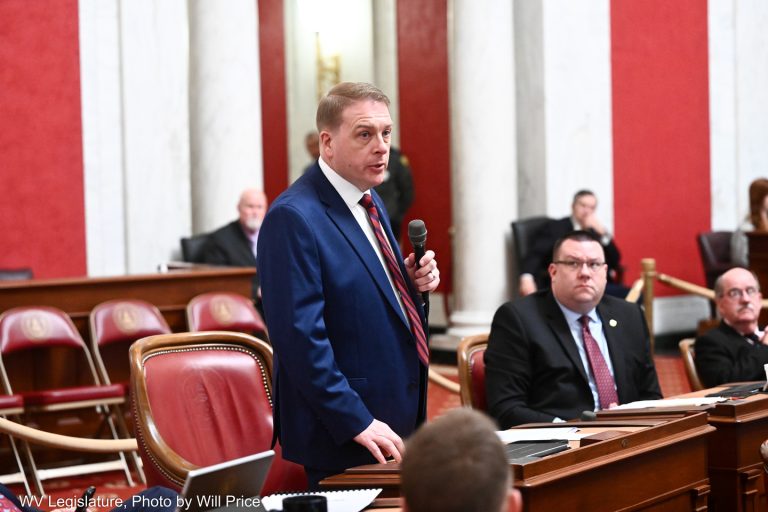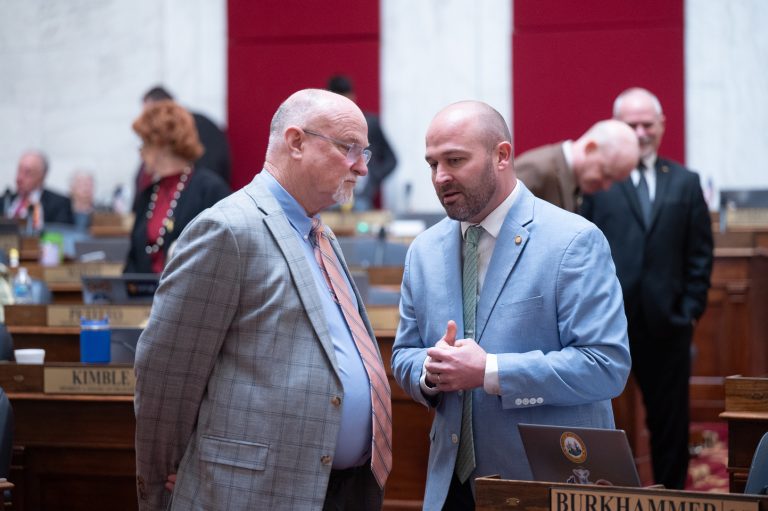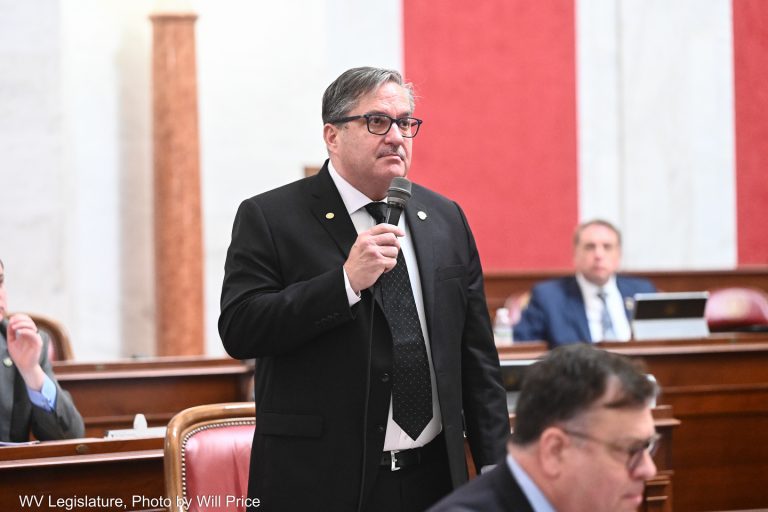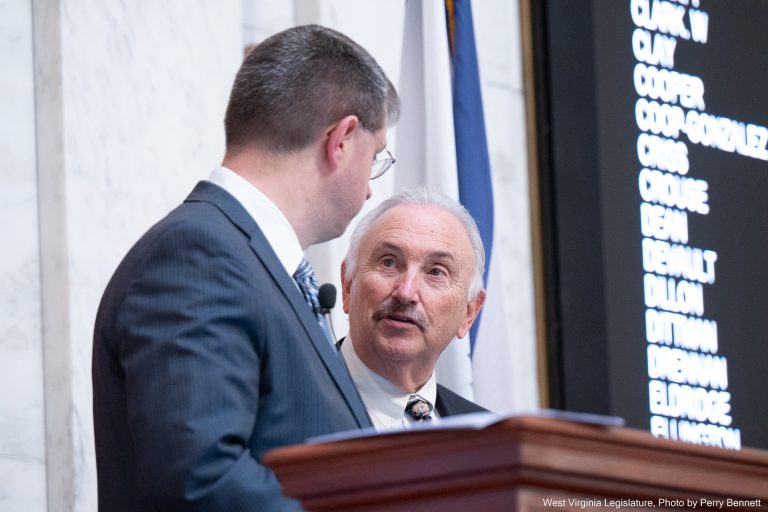All bills on third reading were read on Day 57 in the House of Delegates.
Senate Bill 485 requires the Secretary of State to provide documents related to any exempt purchase or procurement to be provided to the Director of the Division of Purchasing for posting on the division’s website. Additionally, the bill provides that the Secretary of State does not have to release to the director any documents that would be exempt from disclosure if requested via W. Va.’s FOIA.
Senate Bill 496 removes “acupuncture” and “healing touch” from the definition of massage therapy. Acupuncture was removed because it is regulated by the West Virginia Acupuncture Board. The Massage Therapy Board requested the removal of “healing touch.” The bill clarifies a person does not need any license, certification, or registration to practice reiki, qigong, or sound healing.
Senate Bill 565 updates the practice of optometry to include the use of therapeutic lasers. The bill allows a licensee to perform procedures taught and trained through schools or colleges of optometry accredited by the Accreditation Council on Optometric Education. The licensee must obtain a certification for Ophthalmic Laser Utilization, by submitting an application and proof of attendance and satisfactory completion of the education and training requirements established by the Board.
Senate Bill 617 amends the criminal code to include gangs and gang activity as an organized criminal enterprise. The bill was amended to define gang as “any ongoing organization, association, or group of three or more persons, whether formal or informal, having as one of its activities the commission of one or more qualifying offenses, and whose members engage in or have engaged in qualifying offenses.” The bill clarifies that recruiting into gangs is a separate offense from the qualifying offenses and is subject to a separate punishment.
Senate Bill 736 eliminates the requirement that the Ethics Commission publish booklets containing lobbyist information and requires the commission to make the information available on its website in a printable format.
Senate Bill 765 establishes the Troops-to-Teachers program to attract veterans for the armed forces to become public school teachers. The conditions the person must meet are (1) Be an honorably discharged member of the armed forces, (2) Hold at least a bachelor’s degree from an accredited institution of higher education that is related to the available position which the veteran has applied to, (3) Have passed the basic skills and subject matter test or tests required by the state board for teachers to become certified in the area for which the licensure is sought, and (5) Submit to a criminal history check.
Senate Bill 861 amends outdated references in the Purchasing Card Advisory Committee membership to reflect the consolidation of the Information Services and Communications Division into the Office of Technology.
Senate Bill 862 removes obsolete language in code relating to the West Virginia Gilding the Dome Check-Off Program, which expired in 1990.
Senate Bill 863 removes an outdated reference to the Information Services and Communication Division, which was dissolved on July 1, 2024.
Additionally, the House concurred with Senate amendments to complete action on the following bills:
House Bill 2013 states that as of July 1, 2025, all new hires within the Bureau of Senior Services and the Departments of Administration, Environmental Protection, Revenue, and Veterans’ Assistance, as well as any employee within those governmental entities that leaves his or her position, will be exempt from the classified civil service system and the state grievance procedures. The bill states the chief administrative officer of these governmental units shall have the authority to designate certain employees’ status under the classified civil service system and grievance procedures as necessary to comply with federal law, federal regulation, or the requirements for receipt of federal funding or assistance.
House Bill 2067 aims to prevent firearms sellers and manufacturers from being subject to liability in a manner that contravenes the purpose of the PLCAA. To bring a negligent marketing claim against a manufacturer or seller all the following conditions would have to be met:
- The marketing practice directly targeted individuals who are legally prohibited from owning firearms.
- The marketing practice encouraged or facilitated the unlawful use of firearms.
- There is a direct cause and substantial proximate cause between the marketing practice and the harm suffered by the plaintiff.
- The marketing practice violated a state or federal statute explicitly regulating the sale or marketing of firearms or ammunition in a manner that constitutes a willful and knowing violation of the law.
The House is in recess until 6 p.m.
The House returned to receive Senate messages and committee reports. Several bills were read a first time and will be on second reading tomorrow.
The House is adjourned until 9 a.m. tomorrow, April 10, 2025.
Committee Meetings, Today April 9
- The Committee on Government Organization will meet at 2:15 p.m. in Room 215E.
- The Committee on Health and Human Resources will meet at 4 p.m. in Room 215E.
- The Finance Committee will meet at 7 p.m. in Room 460.
Committee Meetings, Tomorrow April 10
- The Rules Committee will meet at 8:45 a.m. in the Speaker’s Conference Room.


